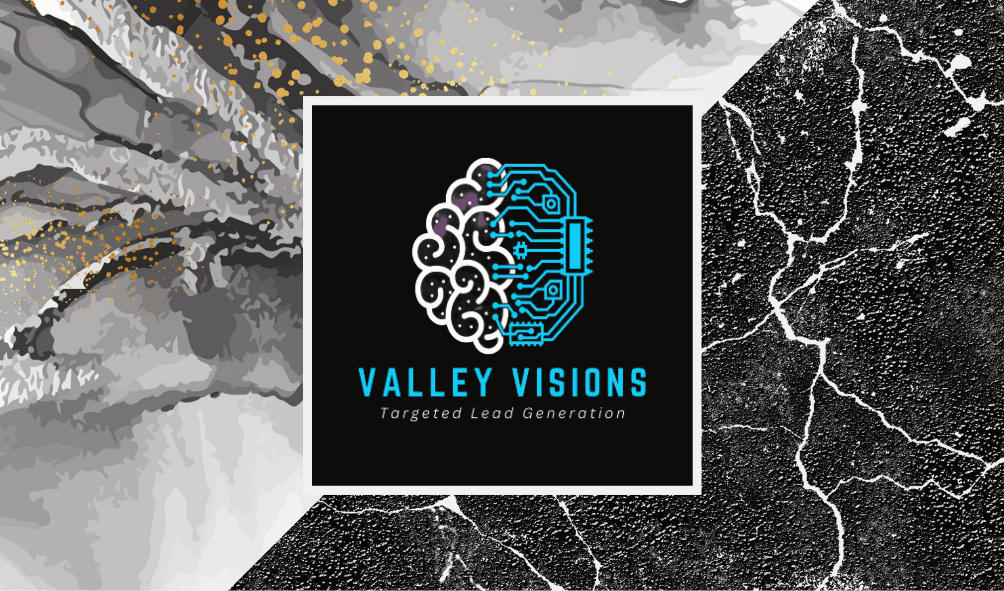Event-Specific Lead Generation: Tailored Strategies for Successful Campaigns
Understanding Event-Specific Lead Generation
Event-specific lead generation refers to creating tailored strategies to attract and convert potential customers during a particular event. Whether it's a trade show, conference, or webinar, crafting a strategy that resonates with the target audience can significantly enhance engagement and conversion rates. By focusing on the unique aspects of each event, businesses can maximize their reach and effectiveness.
One of the primary advantages of event-specific lead generation is the opportunity to engage with a highly targeted audience. Attendees of a specific event are often there for a particular reason, offering businesses a chance to tailor their messaging and offers to match the unique interests and needs of these potential leads.

Crafting Tailored Strategies
Creating a successful event-specific lead generation strategy involves several key components. First, it's essential to understand the demographics and interests of the event attendees. This insight allows businesses to customize their messaging, ensuring it aligns with what the audience values most. Personalized content can make a significant impact, as it demonstrates that a business understands its audience's needs.
Additionally, leveraging multiple channels to reach potential leads is crucial. Combining email marketing, social media promotions, and direct engagement at the event itself can create a comprehensive approach that maximizes exposure and engagement. Each channel offers unique opportunities to connect with attendees, making it essential to integrate them into a cohesive strategy.

Utilizing Technology for Better Engagement
Incorporating technology into your lead generation strategy can greatly enhance its effectiveness. Tools like CRM systems, automated email campaigns, and social media analytics can provide valuable insights into attendee behavior and preferences. These tools allow businesses to track engagement in real-time, adjusting their strategies as needed to improve outcomes.
Moreover, interactive technology such as virtual reality or live polls can increase attendee participation and interest. These tools not only make the event more engaging but also provide valuable data that can be used to refine ongoing campaigns. By staying ahead of technological trends, businesses can ensure they are meeting the expectations of modern consumers.

Measuring Success and ROI
After an event concludes, measuring the success of your lead generation efforts is crucial. Key metrics such as the number of leads generated, conversion rate, and overall return on investment (ROI) provide insights into what worked well and what areas need improvement. These metrics can guide future strategies, helping businesses refine their approach for even greater success.
It's also beneficial to gather feedback directly from attendees. Surveys or follow-up interviews can offer qualitative insights that quantitative metrics might miss. Understanding the attendee experience can illuminate strengths and weaknesses in your approach, allowing for continuous improvement.
Building Long-Term Relationships
The goal of event-specific lead generation is not only to generate immediate sales but also to build lasting relationships with potential customers. Engaging with leads post-event through personalized follow-ups and nurturing campaigns can convert one-time interactions into long-term business connections. This ongoing engagement helps maintain interest and keeps your brand top-of-mind for future needs.

In conclusion, event-specific lead generation requires a strategic approach that combines understanding your audience, leveraging technology, and measuring success effectively. By tailoring strategies to each unique event, businesses can enhance their outreach efforts and achieve meaningful results in both the short and long term.
